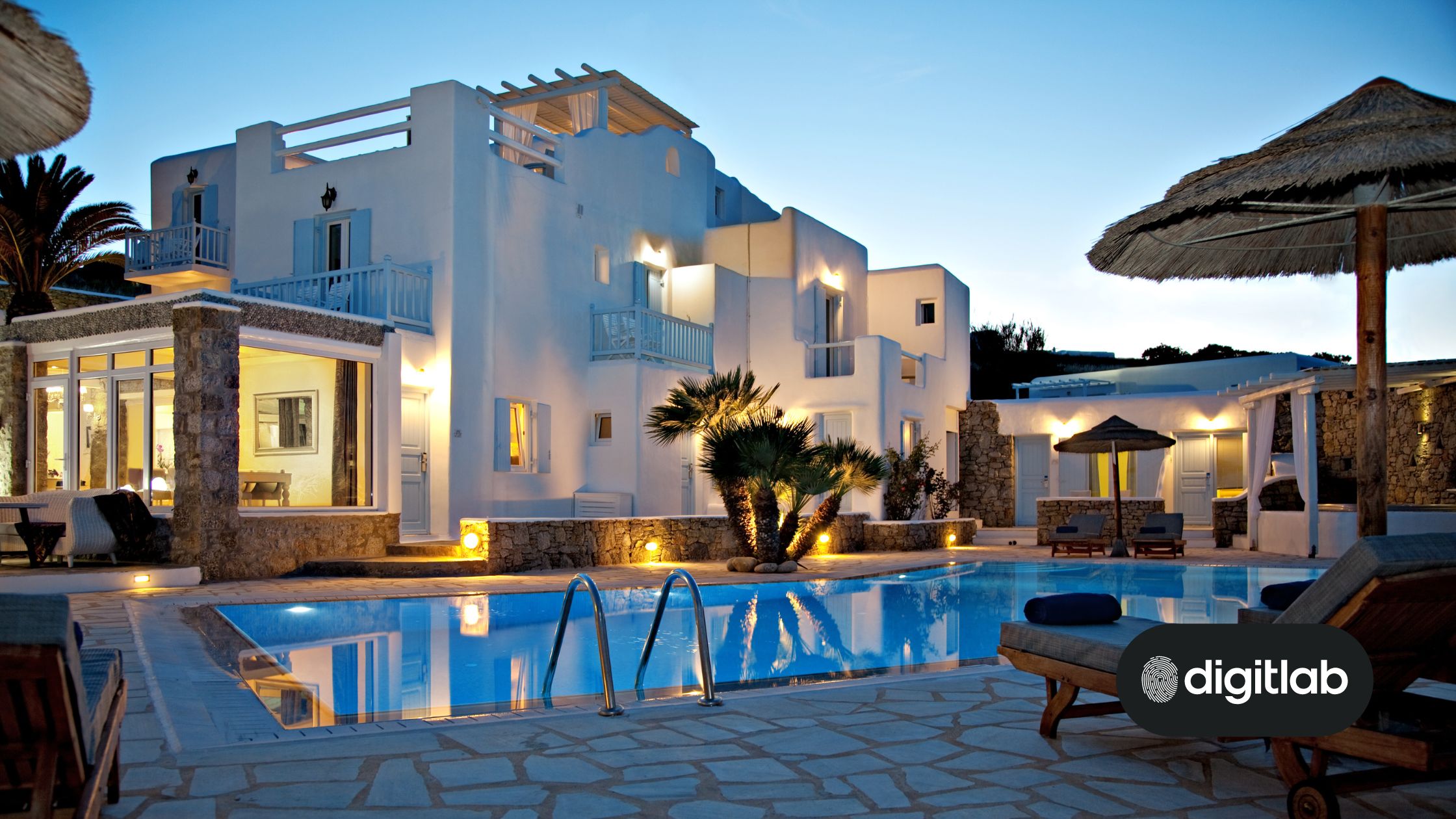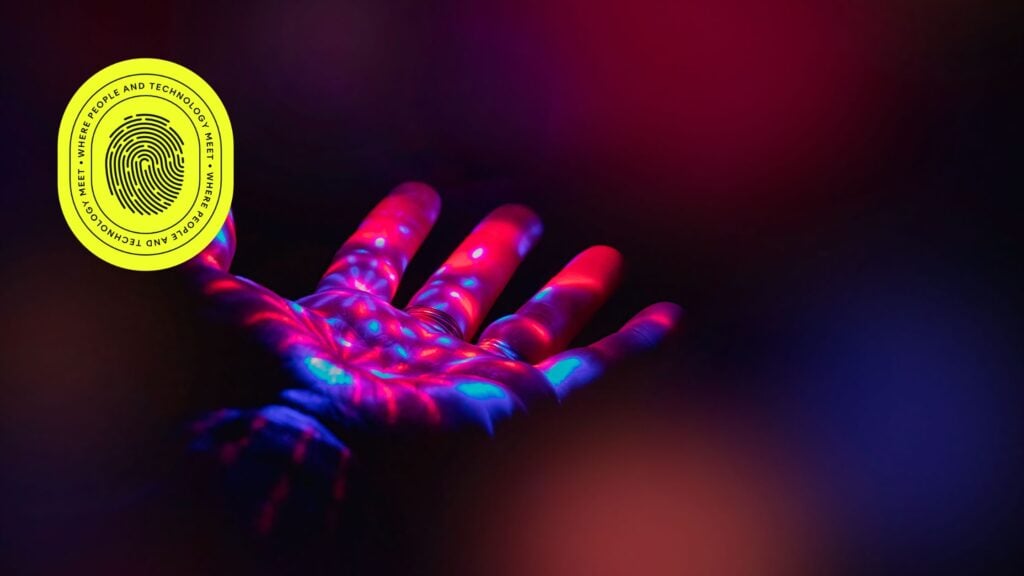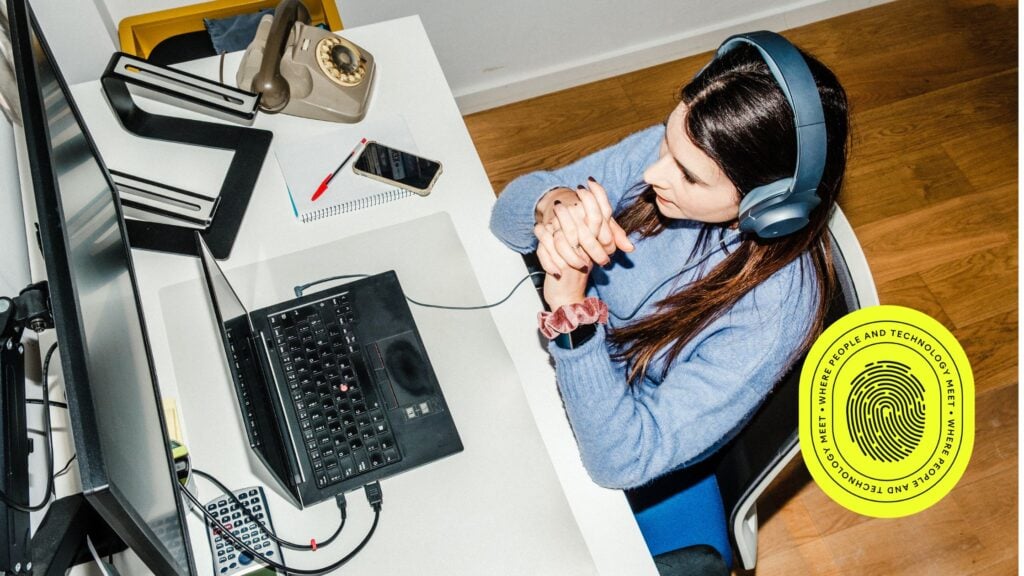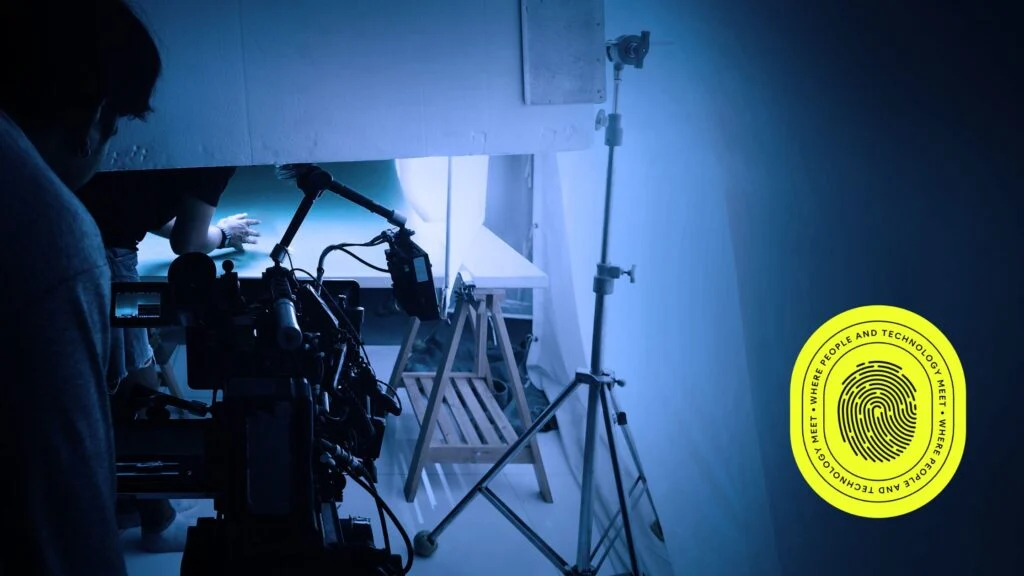With words like OpenAI, ChatGPT, mixed reality and the Metaverse buzzing around society, two things are clear: people in our industry love their acronyms and the digital space is changing – fast. With such a rapidly evolving sector, keeping track of the latest trends has almost become a full-time job. From user-generated content to influencer marketing, this article unpacks the six latest trends in digital marketing for hotels.
While they might not be new to the marketing industry, they are now rapidly being adopted by hotels across the globe who recognize the importance of digital marketing to keep feet and suitcases flowing through their front doors.
Influencer marketing will continue to grow
If you’ve spent time on TikTok you’ll have a good idea of what an influencer is. These are social media users, with big fanbases of followers, who are willing to partner with brands to promote products and services to the influencer’s following. Influencer marketing can include small-scale promotions, like dropping the name of hotel in a live stream, or full influencer marketing campaigns which can include things like hotel walkthroughs, staff interviews, and other influencer-generated content.
User-generated content is your new Word of Mouth Marketing
Another trending hotel digital marketing approach making waves internationally is the rise of user-generated content (UGC). This, as the name suggests, involves marketing a hotel not through the content it creates – but through content that guests, staff, suppliers and other stakeholders create. Remember that competition you saw where entrants were required to take a selfie in a store and post it to their social media feeds with a dedicated hashtag? That’s a prime example of a brand leveraging user-generated content.
Augmented and Virtual reality will usher in metaverse experiences for guests
Augmented Reality (AR) and Virtual Reality (VR) are technologies that have the potential to change the way we experience the world. In the hospitality industry, these technologies will play a key role in creating immersive and memorable experiences for guests. By incorporating AR and VR, hotels will be able to offer their guests a glimpse into a metaverse – a virtual world that seamlessly blends with the physical one.
Video marketing increase more and more
Video marketing is a highly effective way for hotels to promote their brand and showcase their offerings to past and future guests. Through visually compelling videos, hotels can market their offerings in a way that both engages and entertains their audiences. Examples of video marketing ideas for hotels include virtual tours of the property, highlighting the hotel’s amenities, and providing information about nearby attractions and fun guest activities. Videos are also great for showcasing guest testimonials, which helps to build trust and credibility with potential guests.
Website remarketing tools
Website remarketing can serve as a powerful tool to increase hotel bookings. By showing targeted online adverts to people who have previously visited a hotel’s website, remarketing can help bring potential guests back to the website, encouraging them to make a reservation. For example, if someone visits your hotel website but doesn’t make a reservation, remarketing ads can remind them of the hotel’s offerings and incentivise them to book a stay. Remarketing can also be used to promote special deals and discounts, increasing the chances of a booking.
Chatbots come of age
Chatbots are virtual assistants that use artificial intelligence to engage with customers via text or voice interfaces. By integrating chatbots into hotel websites, hotels can improve the customer experience and streamline operations in several ways. Firstly, chatbots can handle frequently asked questions, provide information about hotel services, amenities, and policies, and assist with booking and reservation requests.
Secondly, they can gather information about guests’ preferences and offer personalised recommendations, helping guests make the most of their stay. Thirdly, chatbots can suggest upgrades, add-ons, and additional services during the booking process, thereby increasing the average transaction value. Fourthly, they can collect feedback from guests post-stay, enabling hotels to improve their services and enhance the guest experience. Lastly, chatbots can automate routine tasks, freeing up staff to focus on more complex tasks and providing a higher level of customer service.
Personalized marketing continues to be critical
By tailoring marketing content and promotions to the specific interests and needs of each individual, hotels can create a more personalized experience that is more likely to lead to a booking. This can include things like recommending activities or services based on a guest’s preferences. Providing personalized discounts is also a great approach, or sending tailored promotions to people who have previously booked a stay. Personalization can also be used to segment and target specific demographics, like business travellers or families. Personalized marketing can even help increase guest loyalty and repeat business, and can help hotels stand out in the crowded hospitality market.






